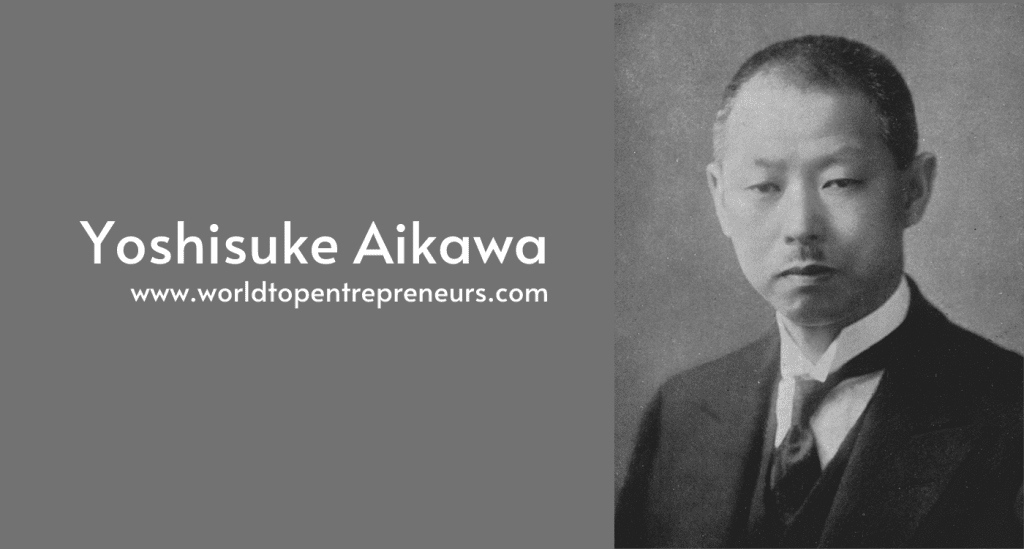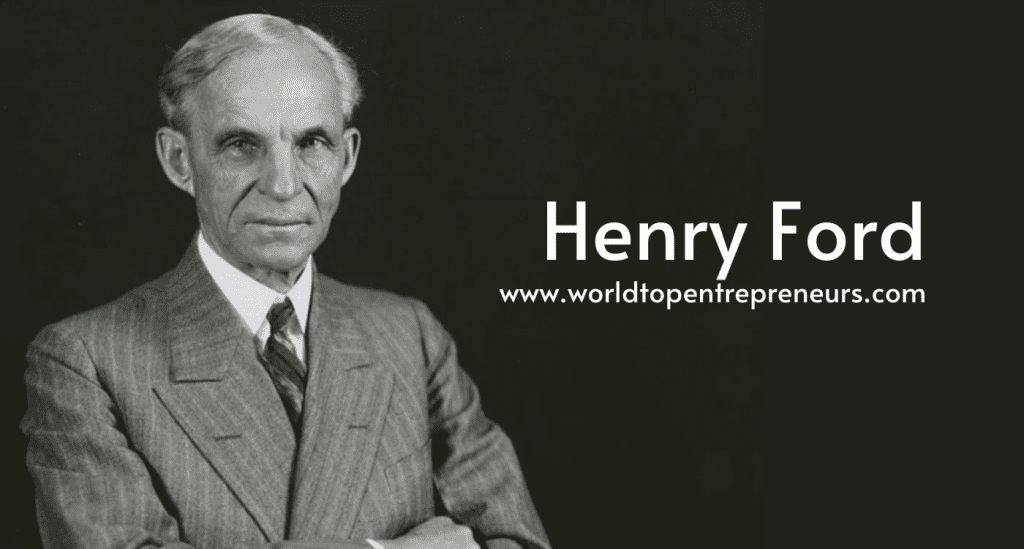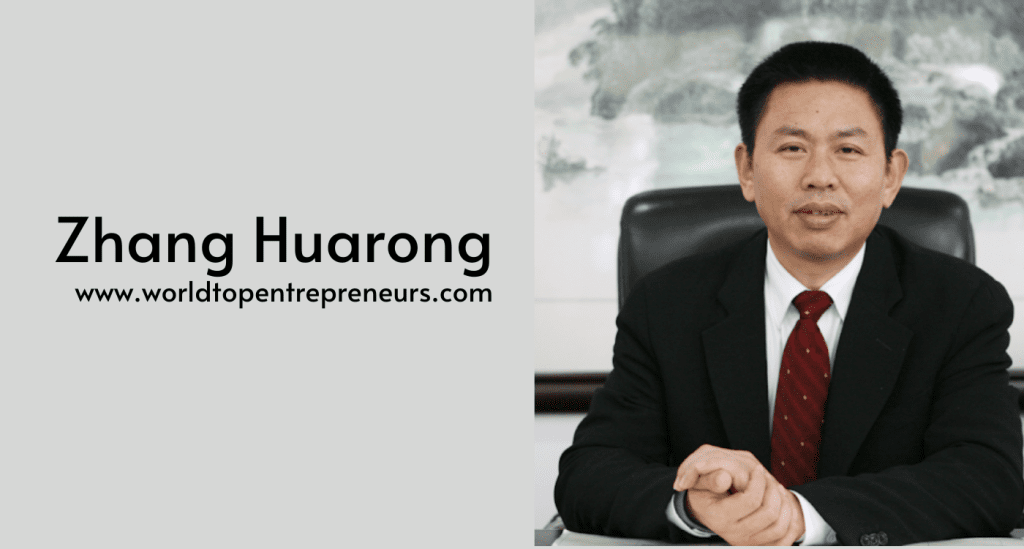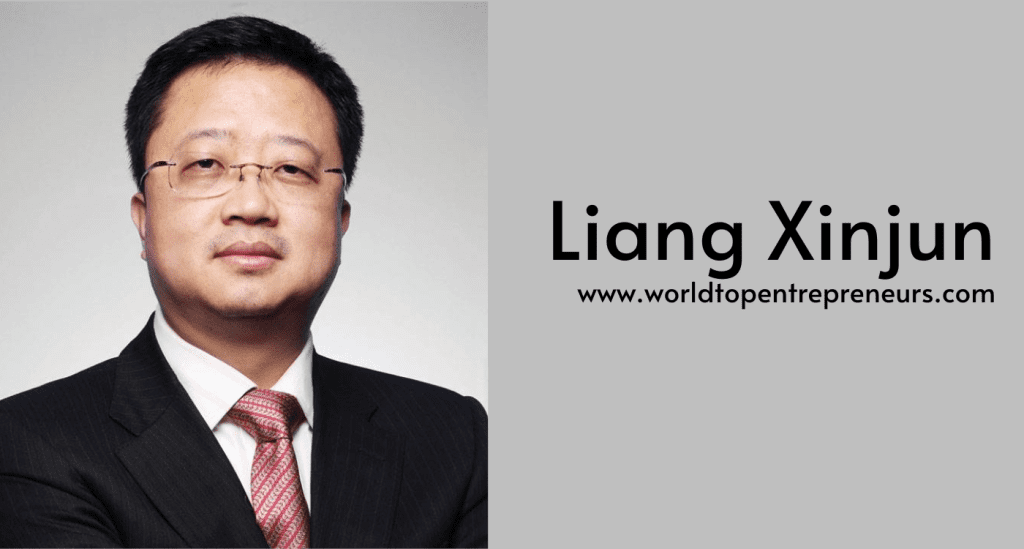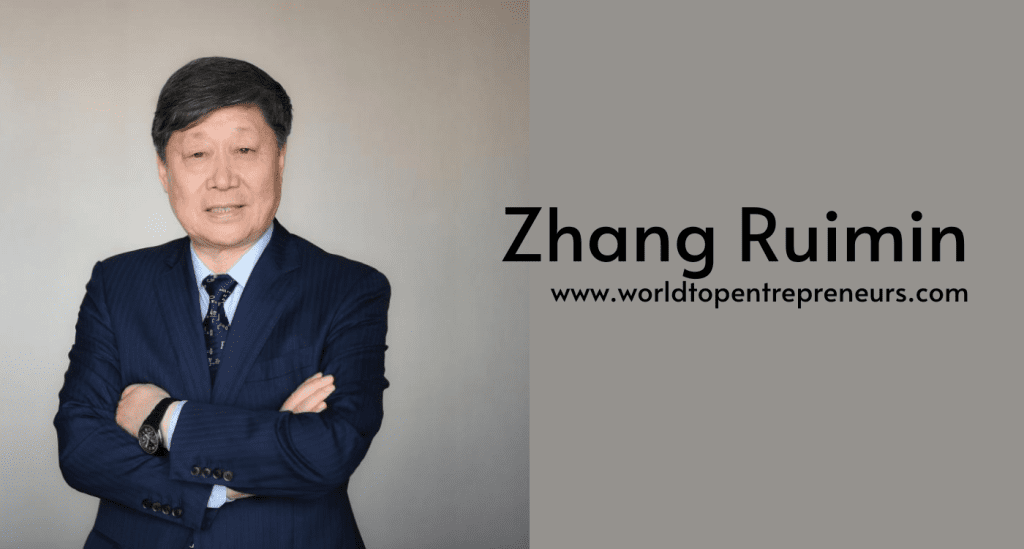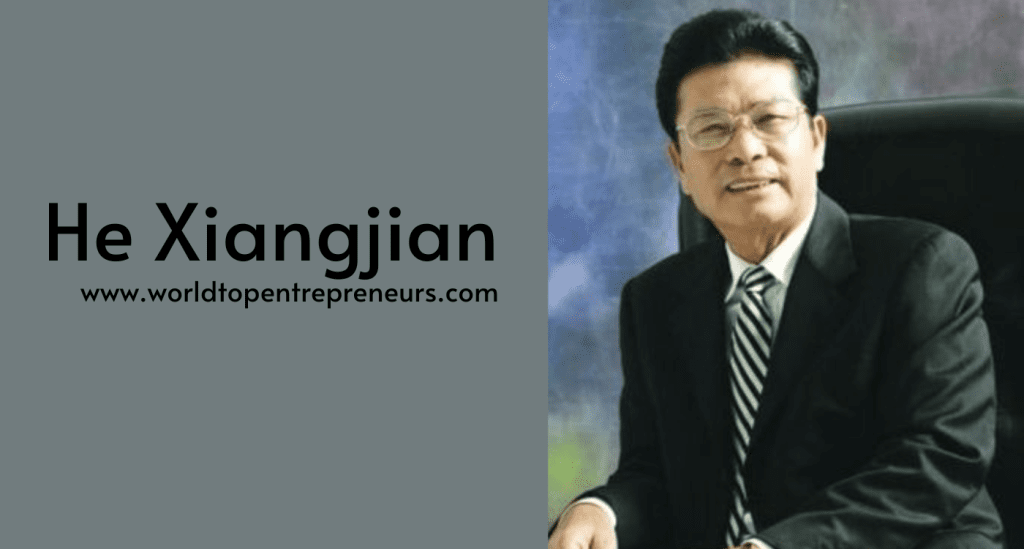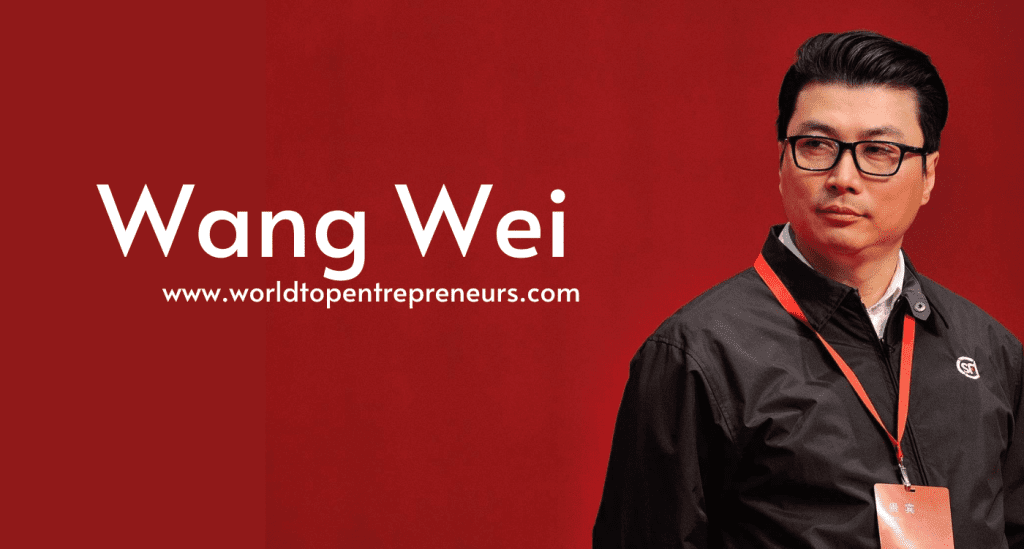In the realm of automotive history, the name Yoshisuke Aikawa resonates with significance. As the founder of Nissan Motor Co., Ltd., Aikawa’s pioneering spirit and strategic foresight played a crucial role in shaping the trajectory of one of the world’s leading automobile manufacturers. This article delves into the life and achievements of Yoshisuke Aikawa, exploring his journey from a young entrepreneur to the founder of a global automotive powerhouse.
Early Life and Education
Yoshisuke Aikawa was born in 1876 in Yokohama, Japan, a city that was rapidly evolving due to the industrialization spurred by the Meiji Restoration. Growing up in a time of significant economic transformation, Aikawa was influenced by the burgeoning industrial activities around him. His family was engaged in trading, which exposed him to business concepts and international markets from an early age.
Aikawa’s academic journey began at the prestigious Tokyo Imperial University, where he studied engineering. The university was renowned for its rigorous academic environment and emphasis on modern scientific principles, which greatly influenced Aikawa’s approach to business and technology. During his time at the university, Aikawa demonstrated a keen interest in mechanical engineering and industrial management, subjects that would later become central to his entrepreneurial endeavors.
The Genesis of Nissan Motor Co., Ltd.
The turn of the 20th century was a period of significant change in Japan. The country was emerging as a formidable industrial power, and Aikawa saw an opportunity to make his mark. In 1933, Yoshisuke Aikawa founded the company that would eventually become Nissan Motor Co., Ltd. His vision was to create an automotive company that would not only meet the needs of the Japanese market but also compete on a global scale.
The establishment of Nissan was a strategic move in a rapidly evolving industry. Aikawa’s approach was grounded in a blend of traditional business acumen and innovative thinking. He understood that to succeed in the competitive automotive market, Nissan needed to focus on quality, technological advancement, and a strong brand presence.
Aikawa’s decision to name the company “Nissan” was symbolic of his forward-looking vision. The name, derived from the Nihon Sangyo (Japan Industries) group of companies, was intended to reflect the company’s commitment to being a significant player in Japan’s industrial sector.
Vision and Philosophy
Yoshisuke Aikawa’s vision for Nissan Motor Co., Ltd. was shaped by several core principles that guided the company’s development and growth:
- Commitment to Innovation: Aikawa was a firm believer in the power of innovation to drive progress. He understood that technological advancement was crucial for staying ahead in the automotive industry. Under his leadership, Nissan invested heavily in research and development, focusing on creating vehicles that incorporated the latest technological advancements.
- Focus on Quality: Quality was a cornerstone of Aikawa’s philosophy. He believed that producing high-quality vehicles was essential for building a strong brand reputation and gaining customer trust. This commitment to quality was reflected in Nissan’s manufacturing processes and product offerings.
- Global Vision: Aikawa’s vision extended beyond Japan’s borders. He recognized the potential for Nissan to become a global automotive brand and strategically positioned the company for international expansion. This global outlook was instrumental in Nissan’s success in entering and competing in international markets.
- Customer-Centric Approach: Understanding and meeting customer needs was central to Aikawa’s approach. He emphasized the importance of customer feedback and used it to guide product development and improvement. This customer-centric focus helped Nissan build strong relationships with its clients and enhance its market position.
Innovations and Achievements
Under Yoshisuke Aikawa’s leadership, Nissan Motor Co., Ltd. achieved several notable innovations and milestones that had a lasting impact on the automotive industry:
- Early Adoption of Advanced Technologies: One of Aikawa’s key contributions was his emphasis on integrating advanced technologies into Nissan’s vehicles. The company was among the first to adopt innovative engineering techniques and incorporate new technologies, such as advanced engine designs and improved safety systems.
- Introduction of Iconic Models: During Aikawa’s tenure, Nissan introduced several iconic models that became synonymous with the brand’s reputation for quality and performance. Notable among these was the Datsun 240Z, a sports car that garnered acclaim for its design and driving experience. This model played a significant role in establishing Nissan’s reputation in the global automotive market.
- Expansion into International Markets: Aikawa’s global vision drove Nissan’s expansion into international markets. The company established a presence in key regions such as North America, Europe, and Southeast Asia. This expansion allowed Nissan to reach a broader audience and compete with established automotive giants on a global scale.
- Commitment to Environmental Responsibility: Yoshisuke Aikawa’s forward-thinking approach also included an early commitment to environmental responsibility. Under his leadership, Nissan began exploring eco-friendly technologies and developing vehicles with reduced environmental impact. This commitment laid the foundation for the company’s future initiatives in green technology.
Challenges and Resilience
The path to success for Nissan Motor Co., Ltd. was not without its challenges. The automotive industry is characterized by rapid technological changes, economic fluctuations, and intense competition. Yoshisuke Aikawa’s ability to navigate these challenges played a crucial role in the company’s continued success:
- Economic Fluctuations: The global economy experienced several downturns during Aikawa’s tenure, which affected consumer demand and disrupted supply chains. Aikawa’s strategic decision-making and resilience were instrumental in guiding Nissan through these economic challenges.
- Technological Competition: The automotive industry is highly competitive, with constant advancements in technology and design. Keeping up with technological changes required continuous investment in research and development. Aikawa’s commitment to innovation ensured that Nissan remained at the forefront of automotive technology.
- Global Competition: Expanding into international markets exposed Nissan to increased competition from global automotive players. Aikawa’s emphasis on quality, innovation, and customer satisfaction allowed Nissan to differentiate itself and maintain a competitive edge.
- Supply Chain Management: Managing a global supply chain presented its own set of challenges. Nissan faced issues related to logistics, procurement, and coordination across different regions. Aikawa’s strategic approach to supply chain management and his focus on building strong relationships with suppliers and partners helped mitigate these challenges.
Legacy and Impact
Yoshisuke Aikawa’s legacy extends far beyond the success of Nissan Motor Co., Ltd. His contributions have had a lasting impact on the automotive industry, influencing industry practices and inspiring future generations of entrepreneurs and engineers:
- Industry Influence: Nissan Motor Co., Ltd.’s innovations in technology, design, and global expansion have shaped the automotive industry. The company’s advancements in engineering and manufacturing have set industry standards and influenced the development of new automotive technologies.
- Inspiration to Entrepreneurs: Aikawa’s entrepreneurial journey serves as an inspiration to aspiring business leaders and engineers. His story demonstrates the power of vision, perseverance, and innovation in achieving success and making a meaningful impact.
- Commitment to Sustainability: Aikawa’s early recognition of the importance of environmental responsibility has contributed to the broader movement towards sustainability in the automotive industry. Nissan’s efforts in developing green technologies and promoting eco-friendly practices reflect Aikawa’s legacy of environmental stewardship.
- Educational Contributions: Yoshisuke Aikawa’s influence extends to education and mentorship. He has been actively involved in supporting educational initiatives and fostering the next generation of engineers and automotive professionals. His contributions to education reflect his belief in the importance of sharing knowledge and nurturing talent.
Conclusion
Yoshisuke Aikawa’s journey from a young engineer to the founder of a global automotive powerhouse is a remarkable story of vision, innovation, and resilience. Through Nissan Motor Co., Ltd., Aikawa has not only achieved remarkable success but has also made significant contributions to the automotive industry.
Aikawa’s commitment to quality, technology, and global expansion has set new standards and inspired countless others in the field. As Nissan Motor Co., Ltd. continues to thrive and evolve, Yoshisuke Aikawa’s legacy as a pioneering force in the automotive industry remains firmly established. His story serves as a testament to the transformative power of vision and dedication in shaping the future of transportation.

